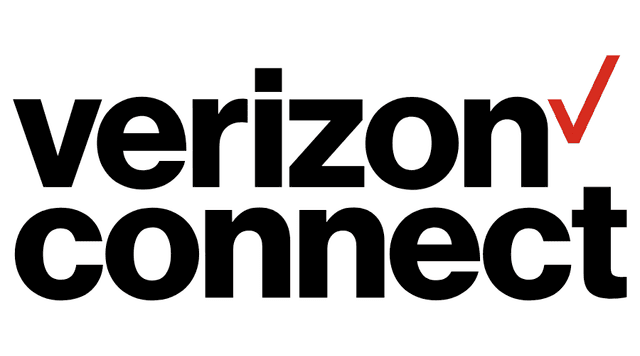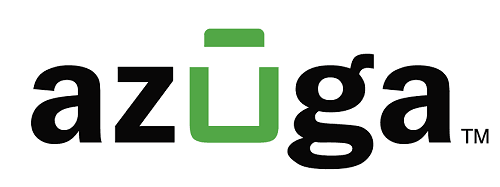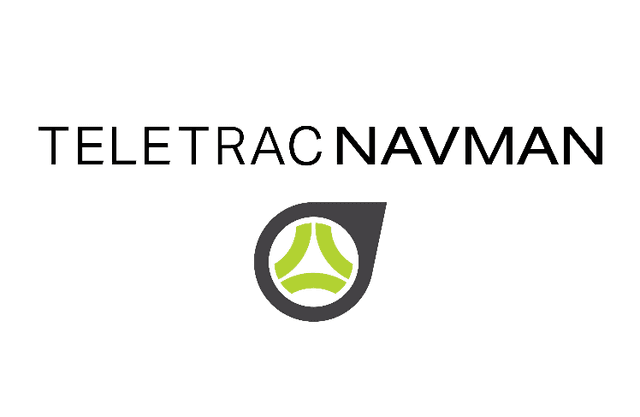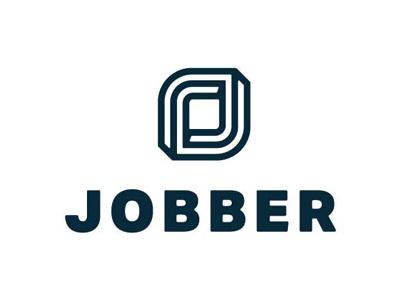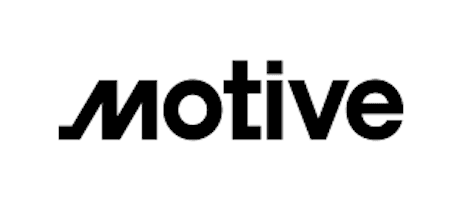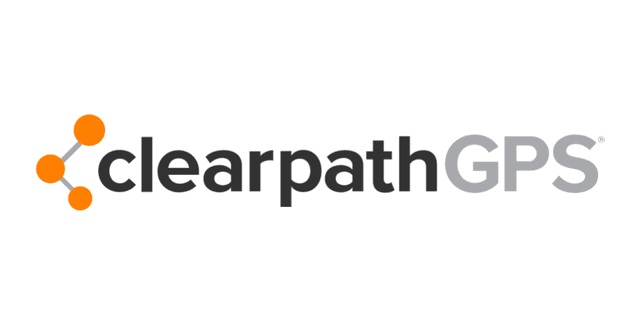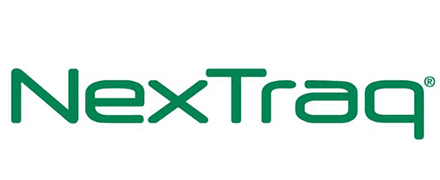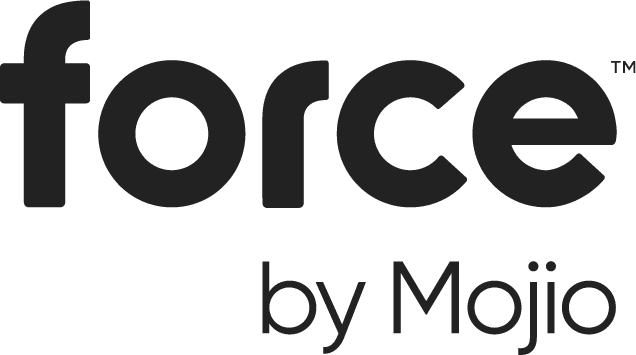GPS fleet tracking systems combine tracking hardware and software to collect data and convert it to usable information. They can help optimize navigation, monitor vehicle health and maintenance, and ensure fleet health and safety compliance.
Here are some essential GPS fleet tracking features to look for:
| Tracking hardware | Tracking hardware sends tracking data to fleet managers. |
|---|
| Performance and optimization | Performance and optimization features track driver behavior and navigation to ensure safety and efficiency. |
|---|
| Driver safety | Driver safety features monitor speeding, harsh braking, fuel performance, idling and more. |
|---|
| Geofencing and mapping | Geofences let you create virtual boundaries, while mapping tools help you create optimal routes. |
|---|
| Maintenance and vehicle health | Maintenance features help you stay on top of repairs and preventive maintenance. |
|---|
| Alerts and reporting | Set custom alerts and run personalized reports to stay informed and aware of your fleet’s performance. |
|---|
Tracking Hardware
To collect vehicle and driver data, you need some form of tracking hardware, like electronic logging devices (ELDs). You can often choose from several device types, depending on what you want to track. Standard trackers include plug-and-play devices, hardwired devices and solar-powered hardware. You can also set up accessories like single, dual or surround-view AI dashcams; temperature monitors; asset trackers; trailer trackers; panic and privacy buttons; and ID card readers. Vehicles with multiple drivers can be monitored using driver-specific key fobs or QR codes.
Performance and Optimization
Most GPS tracking systems track driver behavior and navigation, helping ensure driver safety and route optimization. You can also track actions like speeding, harsh acceleration and braking, idling, and seat belt usage. Managing these activities while simultaneously monitoring fuel performance helps optimize fleet usage.
Driver Safety
You can track driver behavior through data and video telematics. When a driver engages in risky activities, they can receive an instant warning. Modern AI technology can identify and start recording whenever a driver is distracted, tired or looking away from the road.
Dual-facing dashcams monitor the driver and the road ahead – even at night, thanks to infrared lighting. Some systems can also monitor and block certain smartphone functions while the phone’s owner drives (e.g., calling, texting and app usage). Most systems have some form of driver scorecard so you can pinpoint your best drivers and spot those who need additional training. Some systems even offer driver coaching so you can keep drivers updated and compliant with the safest driving policies and behaviors.
Geofencing and Mapping
GPS tracking systems come with geofencing and mapping features to keep your fleet safe and accountable. These features allow you to map out the best routes for your drivers and set specific ranges they should stay within. You can track your fleet in real time and receive notifications if they travel outside their assigned locations.
Maintenance and Vehicle Health
Most GPS fleet tracking systems track vehicle health and maintenance needs. Standard analytics include fuel level, battery voltage, temperature, RPM, seatbelt usage, engine fault codes, odometer and service history. In addition to tracking engine diagnostics, the software can send vehicle maintenance reminders based on mileage or engine hours. These alerts allow you to schedule preventive maintenance to reduce fleet maintenance costs and keep your fleet safe and healthy.
Interestingly, several firms we reviewed are owned by tire manufacturers, which offer discounts on their products when it’s time to replace rubber. Several firms are developing EV battery and range reporting technology, including Verizon Connect and Samsara, which can monitor the remaining battery charge in EVs.
Alerts and Reporting
Every telematics system has alerts and reporting features fleet managers can customize according to their business’s preferences and requirements. Diagnostic alerts might highlight a low battery or fuel level, engine warning lights, unauthorized usage, and (on the likes of NexTraq) temperature fluctuations.



